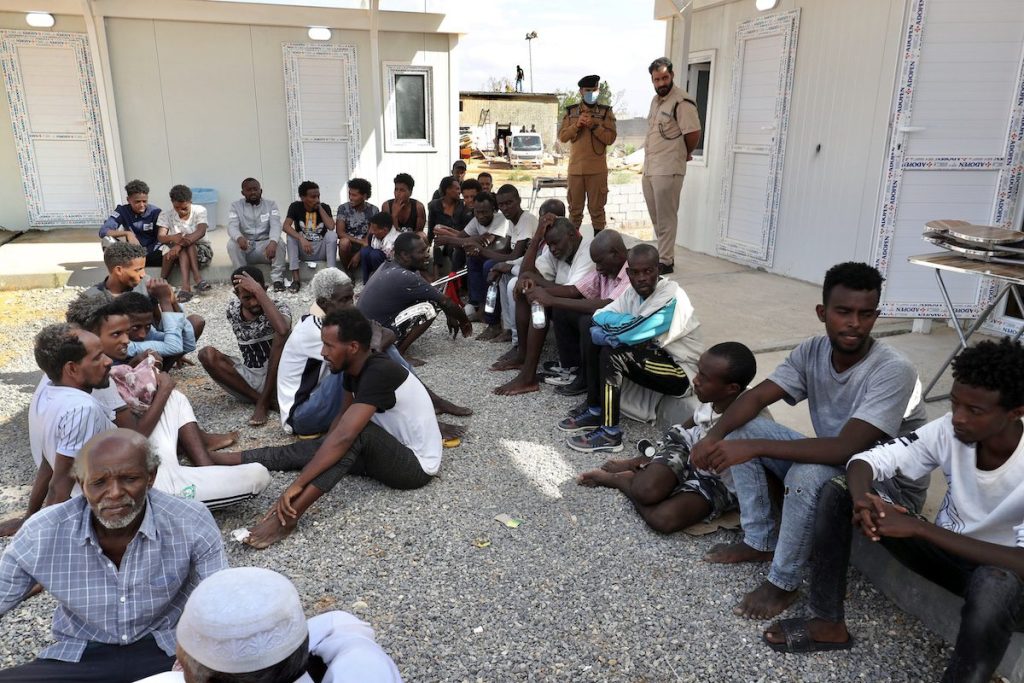Migration activists are raising concerns this week about widespread expulsions and arbitrary arrests in Tunisia as authorities grapple with an increasing number of migrants attempting Mediterranean crossings from the North African nation to Europe.
On Monday, the Tunisian Forum for Economic and Social Rights accused the government of launching a repression campaign against migrants, prioritising political considerations over humanitarian issues, to satisfy European blackmail and ensure a steady stream of financial and logistical support.”
According to witness accounts cited by the non-governmental organisation, the situation has worsened significantly near Tunisia’s borders with Libya and Algeria, as well as in Sfax, the country’s second-most populous city and a common transit point for migrants heading to Europe.

The organisation stated that in Sfax, located 188 kilometres from the Italian island of Lampedusa, migrants routinely face arbitrary arrests and violence, with many experiencing property destruction.
This mistreatment is not limited to unauthorised migrants but extends to refugees, students, and workers, the group reported. It also highlighted frequent reports of mass expulsions across the borders with Algeria and Libya, including instances where migrants are deported into the desert regardless of weather conditions in Algeria and end up in armed group-run detention centres in war-torn Libya.
While Tunisian officials acknowledge small-scale migrant pushbacks across the country’s desert borders, they dispute reports of systematic abuse and mass expulsions.
The Tunisian Forum for Economic and Social Rights called on the government to cease deportations, provide a haven for migrants, and update laws to allow those without proper documentation to obtain legal status.
It emphasised that true sovereignty is achieved through national policies that guarantee dignity, rights, and freedoms for all, rather than intimidating vulnerable groups and relying on outdated laws and discriminatory practices.
Tunisia is under increased scrutiny for its handling of migrants, with over 97,000 people crossing the Mediterranean from Tunisia to Italy in 2023, according to the United Nations High Commissioner for Refugees (UNHCR). Tunisian migration groups estimate that there are between 20,000 and 50,000 sub-Saharan migrants in the country.
Tunisian authorities receive financial assistance from Europe to manage border control. Despite aid agreements, President Kais Saied has asserted that Tunisia will not serve as Europe’s “border guard” and will not accept migrants unwanted by European politicians, even amid allegations of racism following comments about the demographic makeup of the country.


